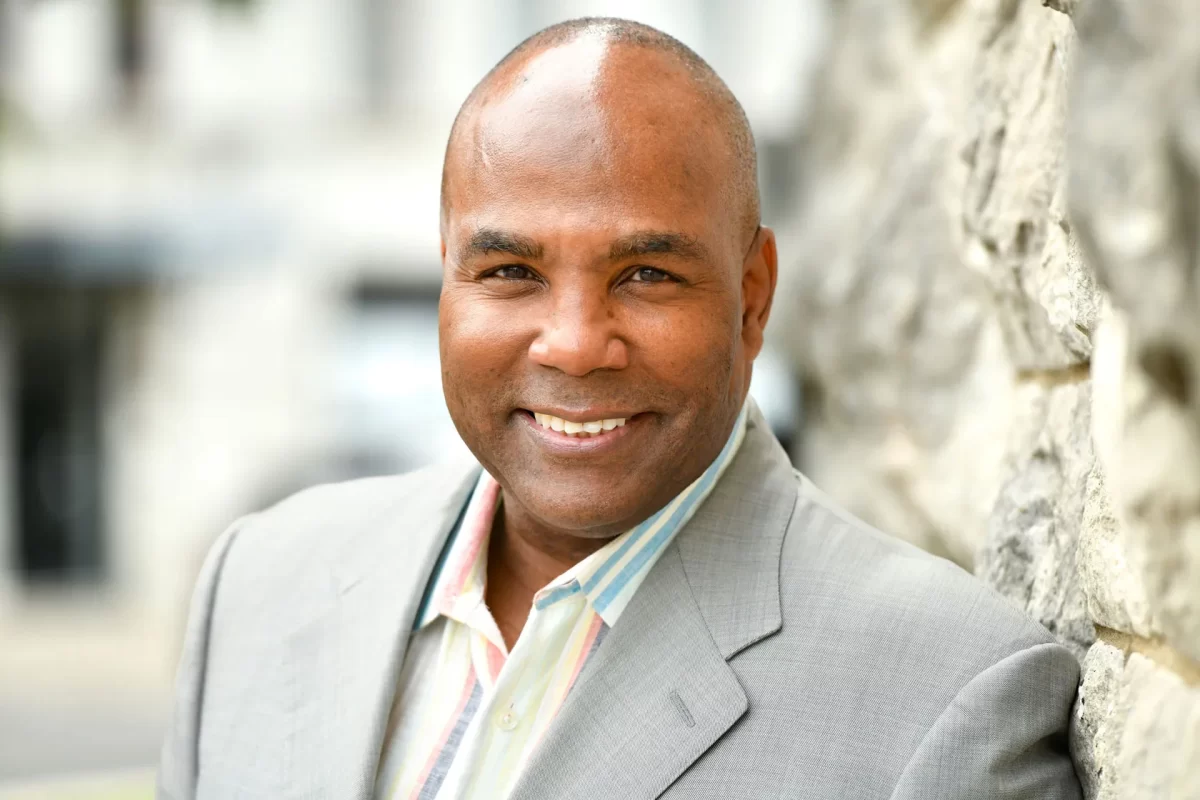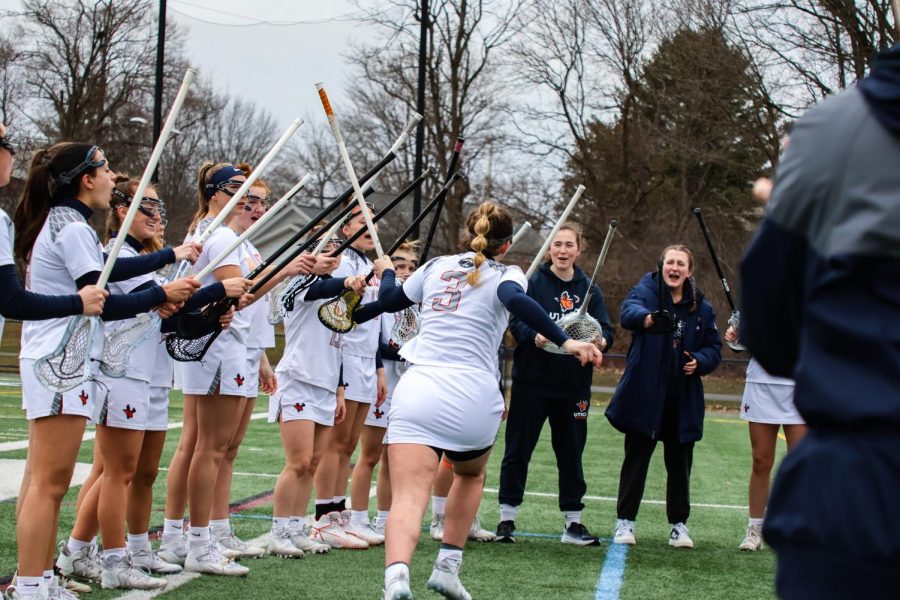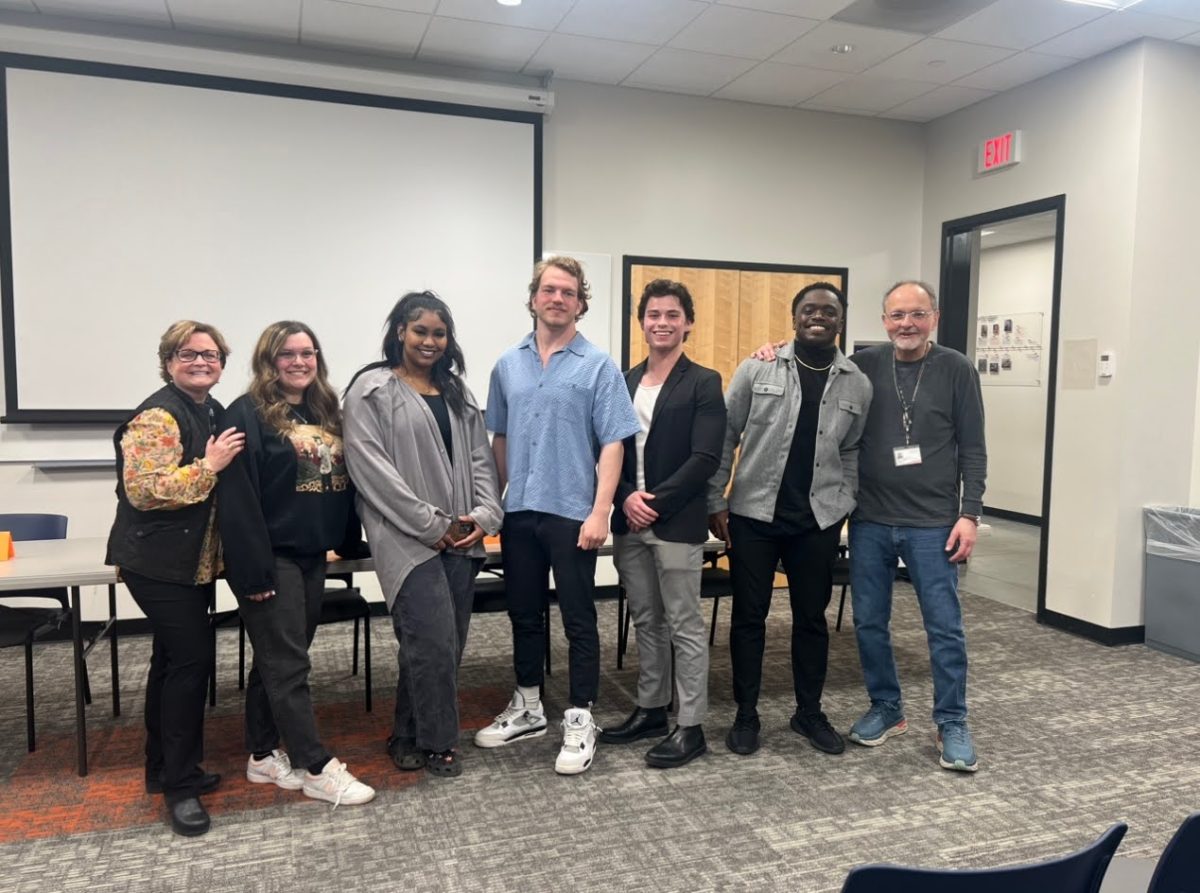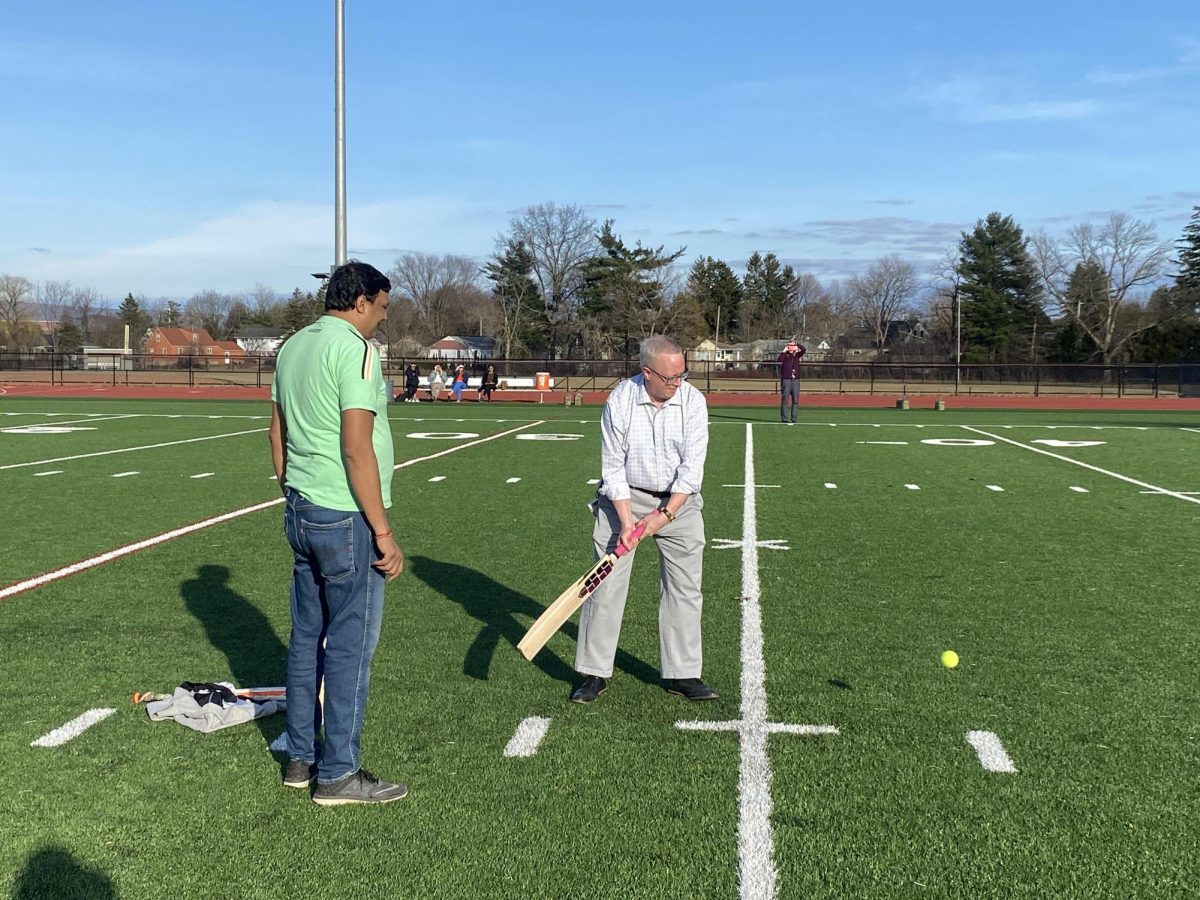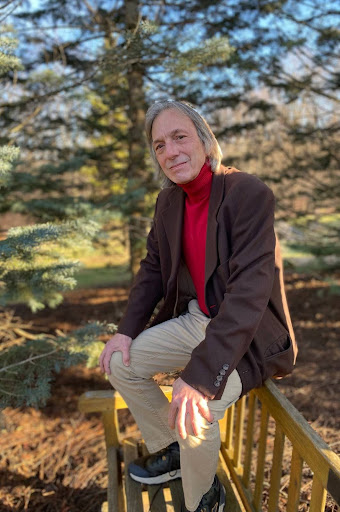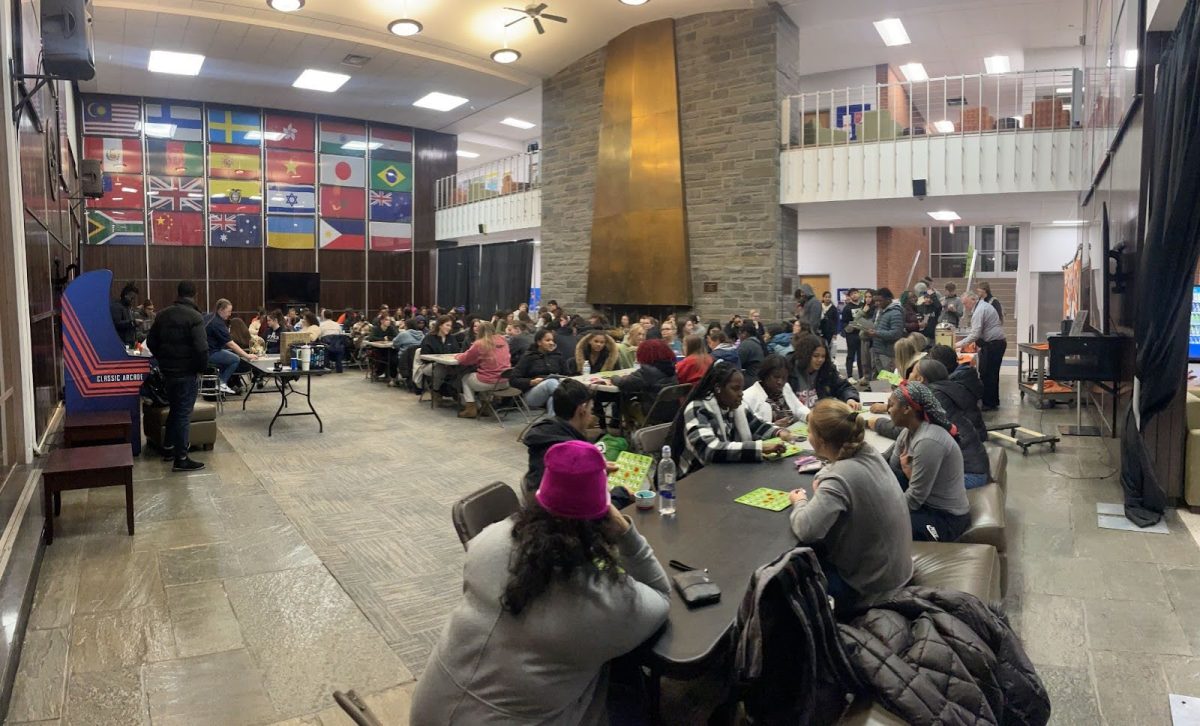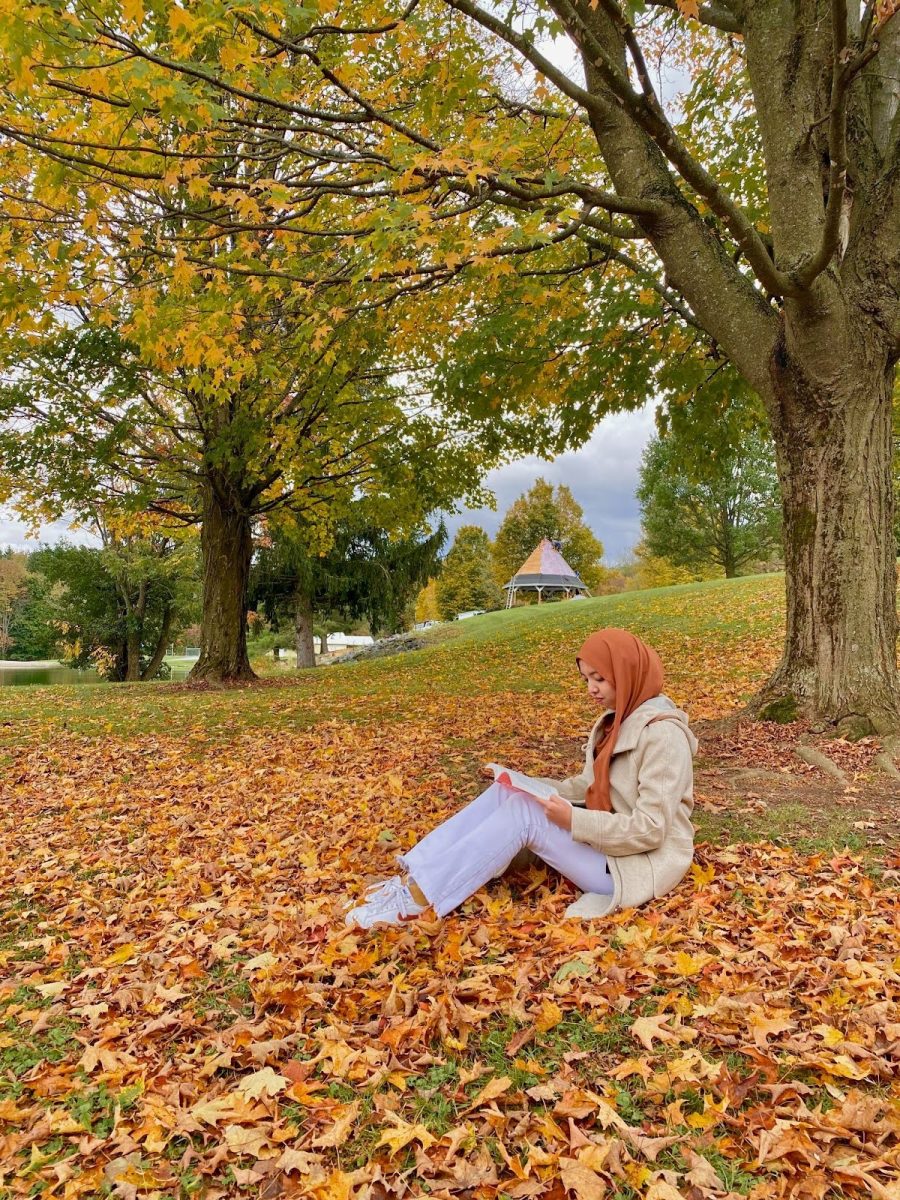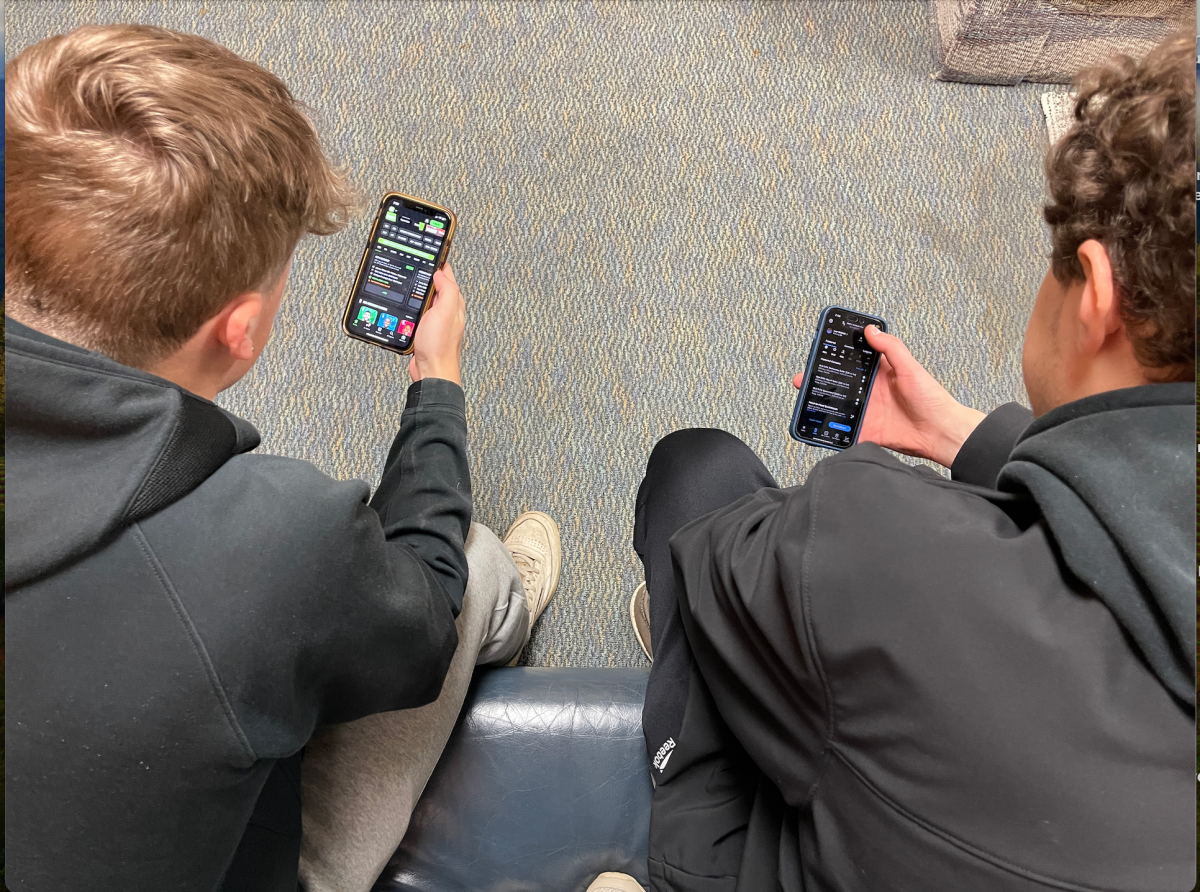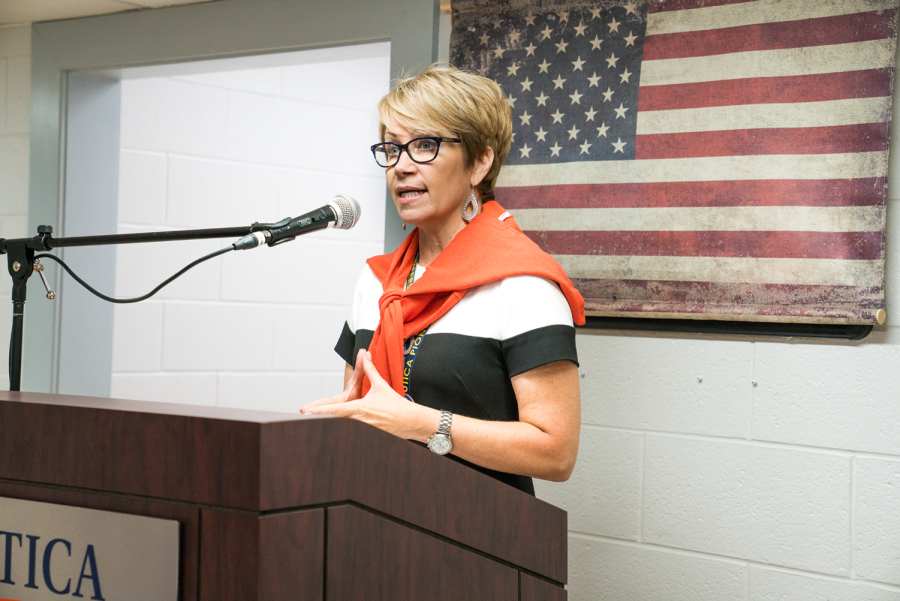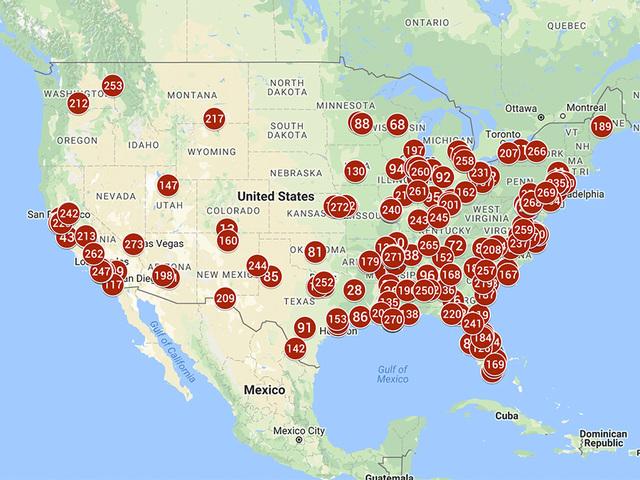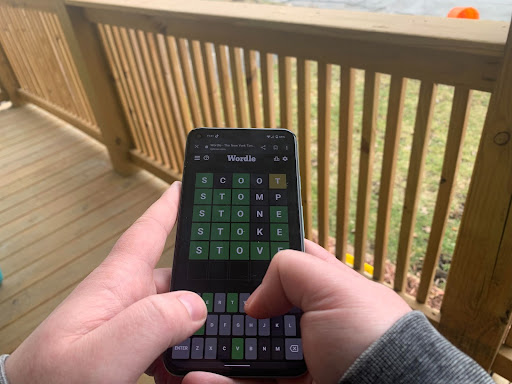Amajla Tricic, Staff Writer
Sutherland Springs, a small town located in Texas, is recovering after a gunman opened fire in a church, leaving 26 dead and another 20 wounding on Sunday, Nov. 5. The suspected gunman was found dead in his vehicle after escaping a local citizen who had attempted to shoot and capture him.
According to the National Safety Council and the National Center for Health Statistics, an average of 11,000 people in the United States are killed in firearm assaults each year. With high numbers of gun violence and repeated occurrences in the U.S., many are left to wonder if the frequent shootings and media coverage have made the country lose empathy.
Arlene Lundquist, professor of psychology at Utica College, says that social media and news has given us a lack of empathy.
“Research says that people are not developing or using empathy digitally,” Lundquist said. “Because it’s digital, it’s not personal. There are no repercussions for what you say, so we desensitise. In psychology terms, we habituate.”
Social media affects people’s responsiveness to massacres because sites like Facebook and Twitter make it easy for users to feel as though they have reacted and helped.
“Sharing posts on Facebook and donating makes us feel like we are doing something,” Lundquist explained. “But we don’t have to see it, or interact with someone. It brings up the question of ‘Would I go beyond myself to help someone out?’ We are not motivated to act, we are motivated to click.”
It is also difficult to build empathy because “empathy requires unity, one [thing] we don’t have,” Lundquist added.
The topic of gun violence remains divisive in the United States, so the issue of empathy becomes hard to project due to not being able to find common ground. For students on campus, there remains confusing positions as so many of these mass shootings have led to varying responses.
The Sutherland Springs shooting is now one of 501 mass shooting that have taken place this year, as of Nov. 15, per Gun Violence Archive (GVA), a nonprofit corporation that provides information on gun violence in the United States. GVA defines a mass shooting as any incident when four or more people are shot or killed in the same general time-frame and location.
Despite these numbers, Julia Peters, a sophomore at Utica College, says there is still a strong emotional reaction when hearing about these shootings regardless of how many times it happens.
“It’s just not normal,” Peters said. “We sympathize towards the families that lose their loved ones. As each shooting happens, the more paranoid we get about our safety.”
For Peters, it is uncomfortable to think about traveling because of the amount of mass shootings in the last decade. She also admitted while the emotions and pain are still there when she sees a new shooting, she thinks the shock factor has gone down.
“It’s an awful feeling not being able to feel safe in your own country,” Peters said. “It almost seems expected nowadays because we hear about such terrible things in the world. I think people can agree that as crazy as it sounds, people are not as shocked by the news as they would be 10 to 20 years ago. It isn’t so much that we wait for the next mass shooting, but instead, we worry about where another one could happen. There is more paranoia for sure.”
Junior Kaitlyn Tooke believes that the immunity to mass shootings is very much prominent.
“The complexity of occurrences like mass shootings make it very difficult to control future happenings and their outcomes,” Tooke said.
Tooke also says that there are many different factors in trying to understand why gunmen do what they do, but sometimes it becomes impossible to recognize who will be the next gunman, simply because “human beings cannot read the minds of other human beings.”
Tooke states that what contributes to ongoing tragedies is the constant “copycat killers” who want to be like previous gunmen.
“These mass shootings, one after another, really place a diminishing outlook on our country,” Tooke said. “Everything we have worked for as a country is just being torn apart by this series of repulsive events. As a country, we better take action and do something fast as we are rapidly and ultimately becoming immune to mass shootings.”
Junior Bailey Bach’s stance is that lack of empathy is not tied to mass shootings, rather a presence of hopelessness spreading throughout the country.
“I think there is still a chance that we as a country can decrease the amount of mass shootings,” Bach said. “But it will not happen until ignorance is put aside and real change is made.”

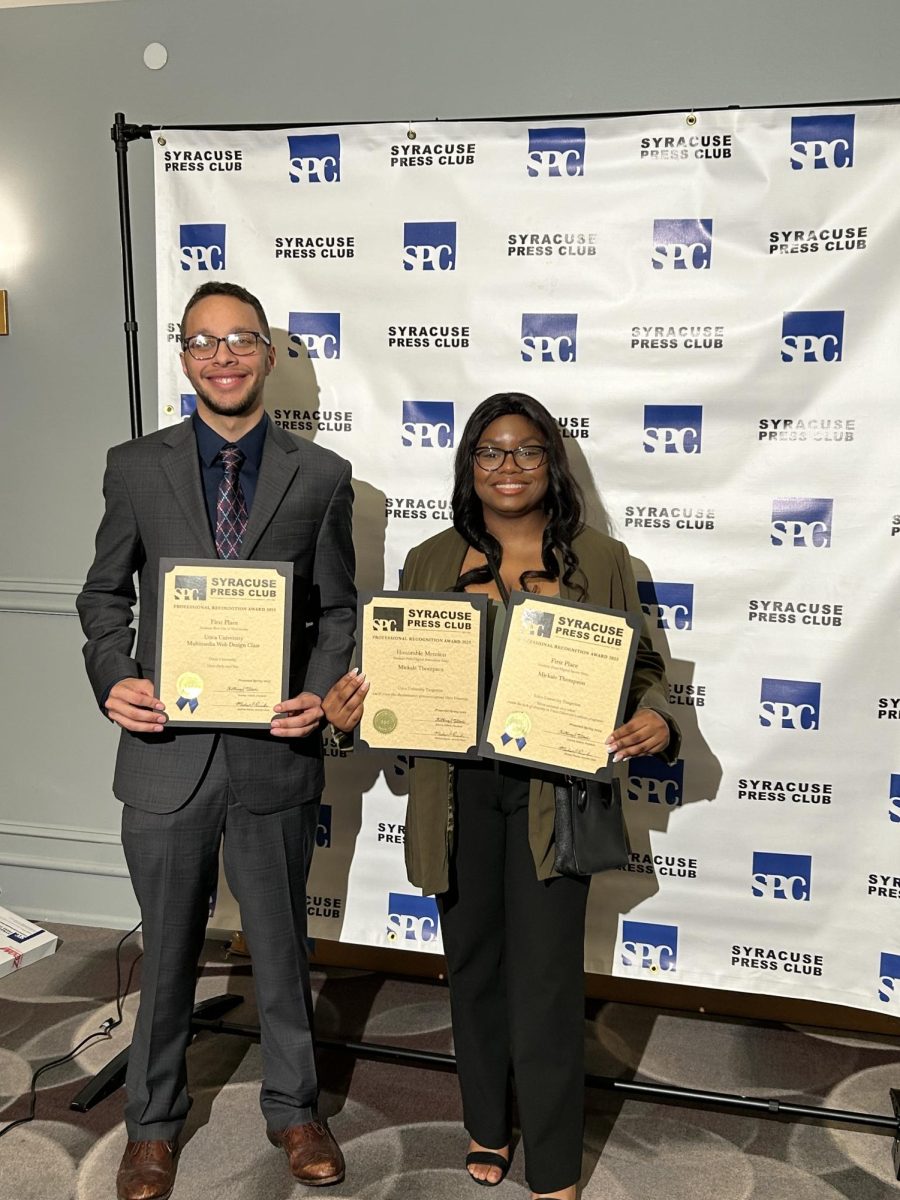
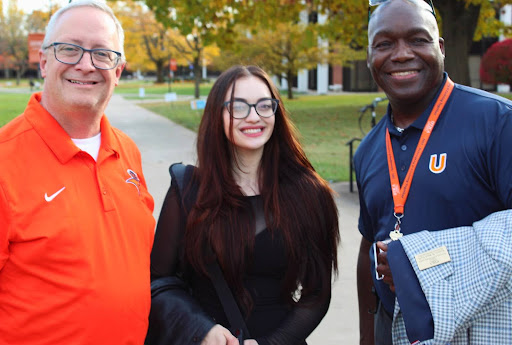

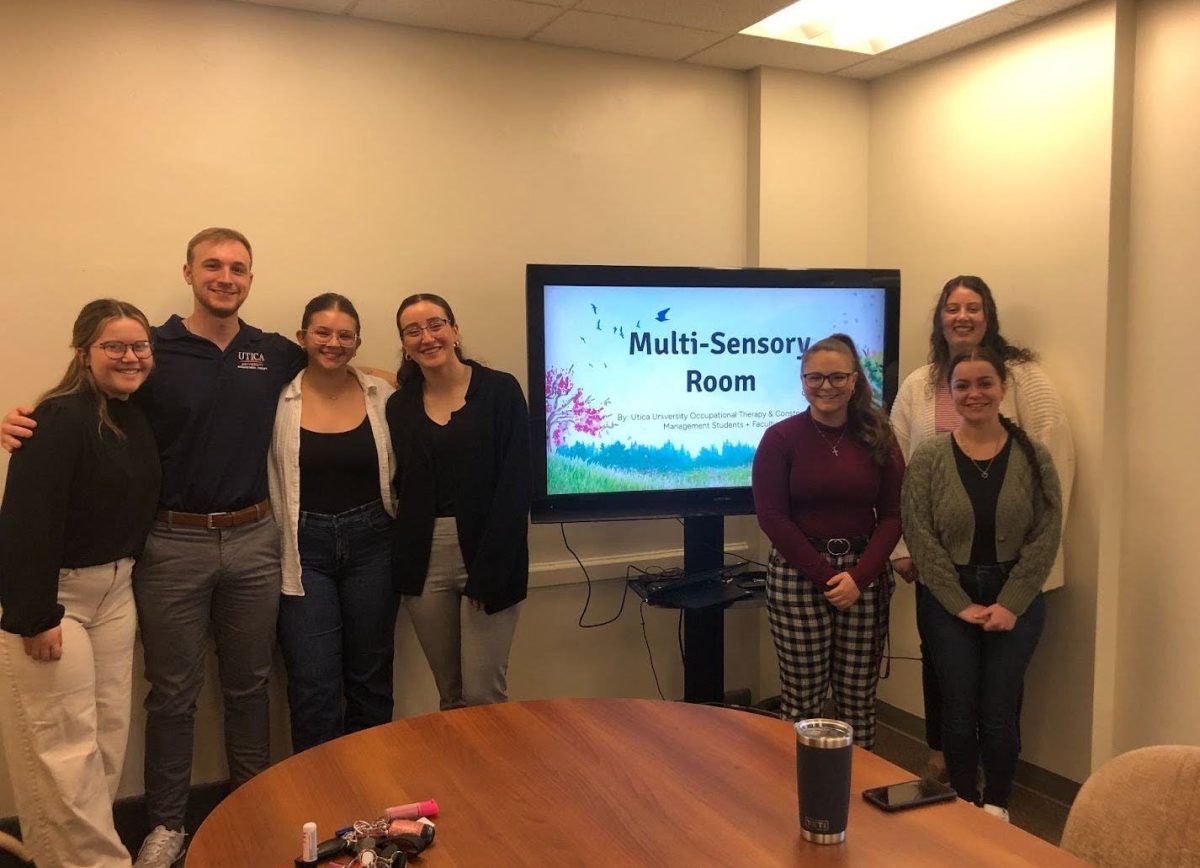
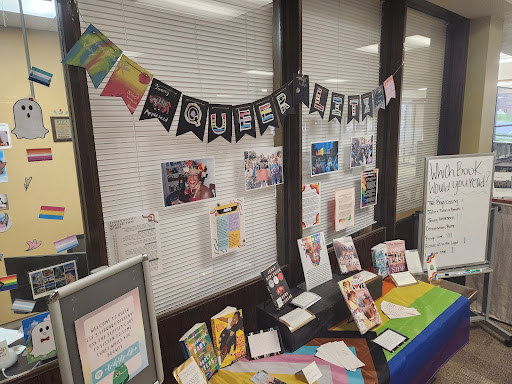

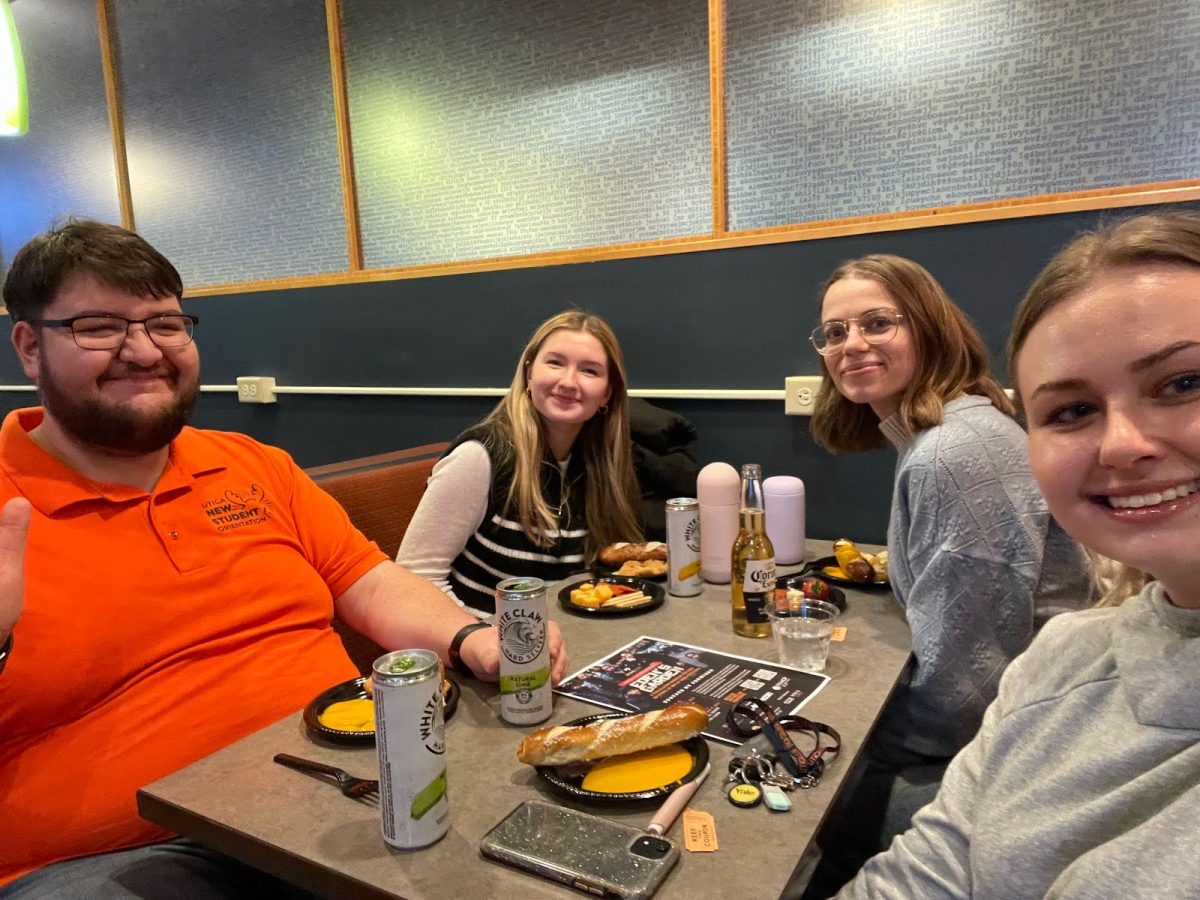










![President Todd Pfannestiel poses with Jeremy Thurston chairperson Board of Trustees [left] and former chairperson Robert Brvenik [right] after accepting the universitys institutional charter.](https://uticatangerine.com/wp-content/uploads/2023/10/unnamed.jpeg)




